What is Bernard Arnault's net worth?
We look into Bernard Arnault's net worth – how did he make his billions?

Vaishali Varu
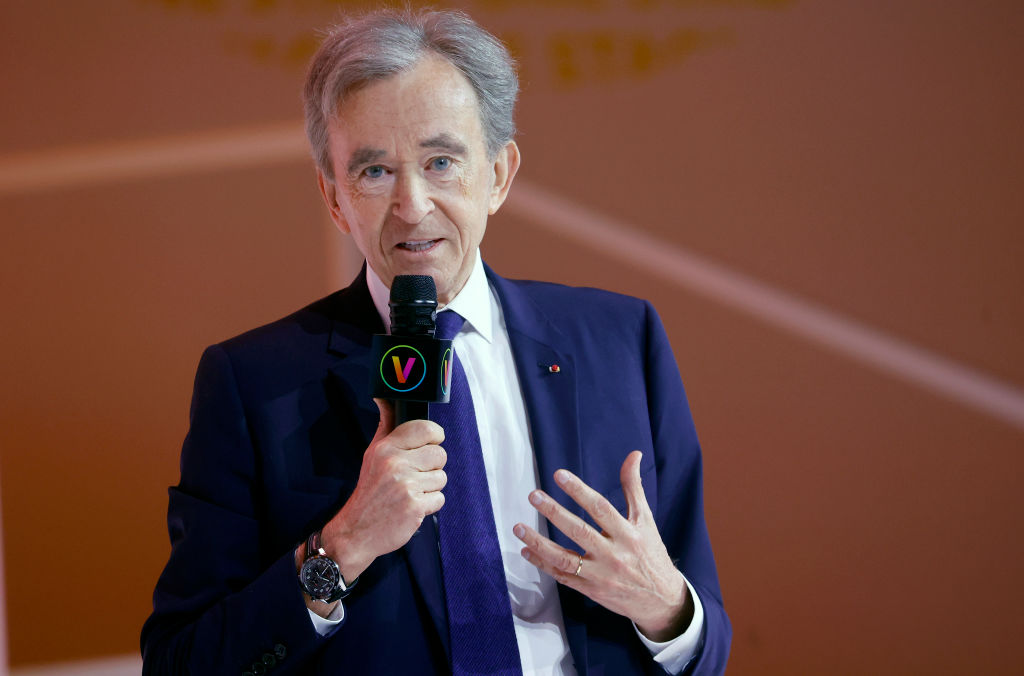
Get the latest financial news, insights and expert analysis from our award-winning MoneyWeek team, to help you understand what really matters when it comes to your finances.
You are now subscribed
Your newsletter sign-up was successful
Want to add more newsletters?

Twice daily
MoneyWeek
Get the latest financial news, insights and expert analysis from our award-winning MoneyWeek team, to help you understand what really matters when it comes to your finances.

Four times a week
Look After My Bills
Sign up to our free money-saving newsletter, filled with the latest news and expert advice to help you find the best tips and deals for managing your bills. Start saving today!
Bernard Arnault’s net worth is $173 billion, making him the fifth richest person in the world according to Bloomberg’s Billionaire Index. Arnault is one of the majority shareholders in the luxury group LVMH, a company he's built over the past few decades. Like most of the world’s richest entrepreneurs, such as Bill Gates and Warren Buffett, Arnault’s hard work building a global business empire has paid off handsomely.
However, the last couple of months have been rocky for Arnault – at the end of September, LVMH suffered a 20% fall in its stock price, shaving $54 billion off his net worth, according to Fortune. But it bounced back at the start of October after China announced its stimulus plan to grow – it’s no surprise as LVMH relies heavily on China for its sales.
Here we look at how Bernard Arnault built his fortune and the factors contributing to his net wealth today.
MoneyWeek
Subscribe to MoneyWeek today and get your first six magazine issues absolutely FREE

Sign up to Money Morning
Don't miss the latest investment and personal finances news, market analysis, plus money-saving tips with our free twice-daily newsletter
Don't miss the latest investment and personal finances news, market analysis, plus money-saving tips with our free twice-daily newsletter
Bernard Arnault's net worth
Bernard Arnault inherited his father's construction company, Ferret-Savinel, in 1971, although he quickly realised it wasn't what he wanted to do with his life.
The young businessman sold the company and used the proceeds to help fund the acquisition of Christian Dior in 1985 – the company that would become the foundation of LVMH.
Arnault had always been interested in luxury goods, and with Dior he saw a company with a strong brand and a loyal customer base – the most important components of any luxury brand. However, he also noticed the business wasn’t living up to its full potential. The young businessman believed he had the skills and drive to turn the business into one of the world’s premier luxury companies.
He set about looking for other luxury companies to bolt on to the Dior business. He knew that, in order to compete with the biggest players in the market, he would need a diverse range of products and brands that complemented each other.
With that goal in mind, Arnault merged Dior with several other luxury goods companies in 1987, including Louis Vuitton, Moët et Chandon and Hennessy, to create the conglomerate known as LVMH. The combined group not only had a great stable of businesses under one roof, it also benefited from economies of scale.
The creation of the business came at a great time. Luxury goods have always had a place in the market, but in the late 1980s and early 1990s, there were some huge changes going on in the world that acted as tailwinds for the young LVMH.
The biggest of these was the rise of China.
LVMH benefits from China’s economic growth
In the 1990s, China's economy underwent significant reforms, transitioning from a centrally planned economy to a market-oriented economy.
The opening up of China's economy to the world, through the introduction of those market-oriented reforms, created opportunities for businesses to expand their operations and tap into new markets. This led to a surge in global trade and investment as companies sought to take advantage of China's growing economy. It became an important player in the global economy. Its demand for raw materials and commodities helped to boost trade in these sectors, while its expanding middle class provided opportunities for businesses selling consumer goods and services.
China's rise pushed down the cost of goods for other countries, freeing up more disposable income for consumers around the world, to spend on things like luxury products.
Arnault continued to expand LVMH during this period through strategic acquisitions and partnerships, and as the group grew, it was able to swallow up bigger peers. In 1999, LVMH acquired Sephora, a cosmetics retailer; in 2011, it acquired the Italian jewellery brand Bulgari.
In 2020, the group announced its largest deal, the $16 billion acquisition of Tiffany.
With its growing size, LVMH has been able to spend huge amounts on marketing, increasing its market share and visibility to consumers.
Bernard Arnault’s LVMH dynasty
As the company's largest single shareholder, Bernard Arnault has benefitted from LVMH's rise and rise.
In April 2023, LVHM gave the Tiffany flagship store in Manhattan a makeover and, shortly after this, LVMH became the first European company to reach a market valuation of $500 billion.
More recently, an LVMH-backed private equity group purchased a stake in Oxfordshire-based designer shopping outlet, Bicester Village. The deal went ahead for £1.5 billion.
Now, the company is making an entrance into sport. According to The Telegraph, LVMH will take over the sponsorship deal that Rolex has with F1. There are also rumours that LVMH is teaming up with energy drink Red Bull to buy a small football team in France, Paris FC.
Arnault still holds a great deal of control over LVMH, and members of his family hold key management positions. Earlier this year he appointed his eldest daughter, Delphine, to run Christian Dior, the group's crown jewel. His son, Antoine, runs the holding company that controls LVMH and the family's stake in the enterprise.
The businessman has five children, all of whom have top roles across the group. The youngest, Jean Arnault, is the head of marketing and product development for Louis Vuitton’s watches division at only 26 years of age.
Still, despite Arnault's focus on his family, investors have done very well from owning the shares as well, with LVMH muscling its way in to become one of Europe's largest public companies.
Get the latest financial news, insights and expert analysis from our award-winning MoneyWeek team, to help you understand what really matters when it comes to your finances.
Jacob is an entrepreneur, hedge-fund expert and the founder and CEO of ValueWalk.
What started as a hobby in 2011 morphed into a well-known financial media empire focusing in particular on simplifying the opaque world of the hedge fund.
Before devoting all his time to ValueWalk, Jacob worked as an equity analyst specialising in mid- and small-cap stocks. Jacob also worked in business development for hedge funds.
He lives with his wife and five children in New Jersey.
Jacob only invests in broad-based ETFs and mutual funds to avoid any conflict of interest that could arise from buying individual stocks.
-
 Should you buy an active ETF?
Should you buy an active ETF?ETFs are often mischaracterised as passive products, but they can be a convenient way to add active management to your portfolio
-
 Power up your pension before 5 April – easy ways to save before the tax year end
Power up your pension before 5 April – easy ways to save before the tax year endWith the end of the tax year looming, pension savers currently have a window to review and maximise what’s going into their retirement funds – we look at how
-
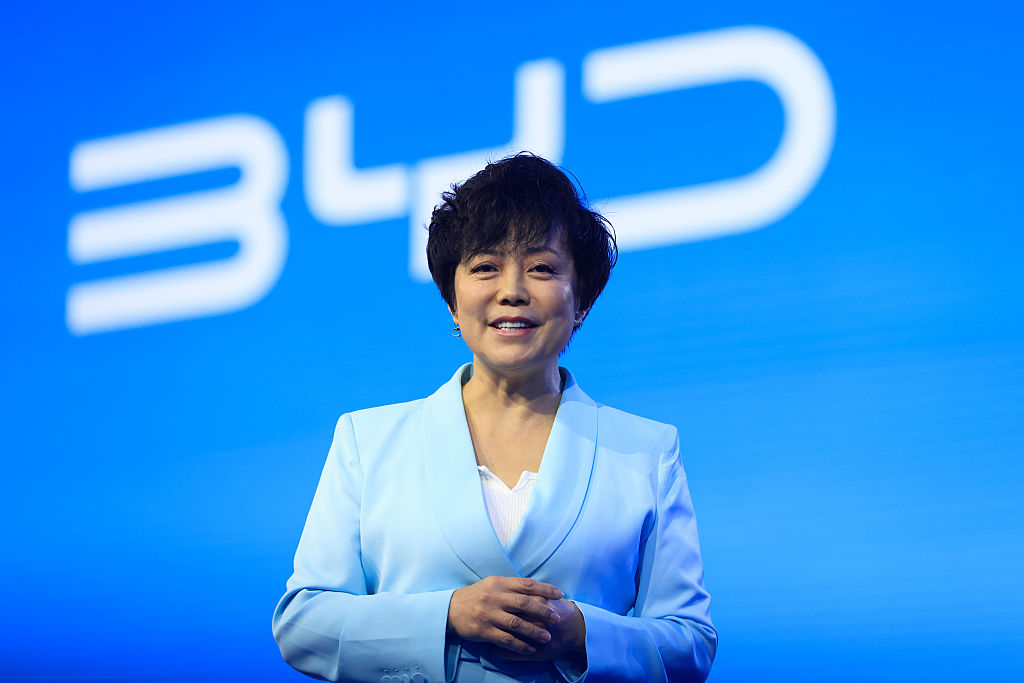 The Stella Show is still on the road – can Stella Li keep it that way?
The Stella Show is still on the road – can Stella Li keep it that way?Stella Li is the globe-trotting ambassador for Chinese electric-car company BYD, which has grown into a world leader. Can she keep the motor running?
-
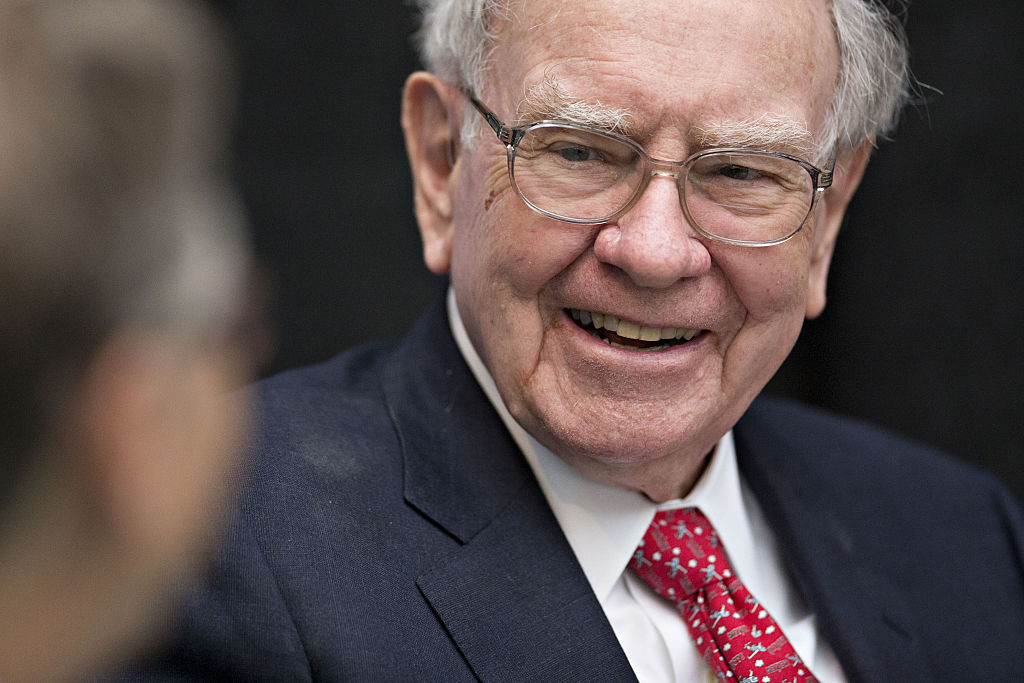 How to beat Warren Buffett – and the fund and trusts that have managed it
How to beat Warren Buffett – and the fund and trusts that have managed itWarren Buffett has achieved stellar returns for investors over a long and illustrious career. Can you rival his investment performance?
-
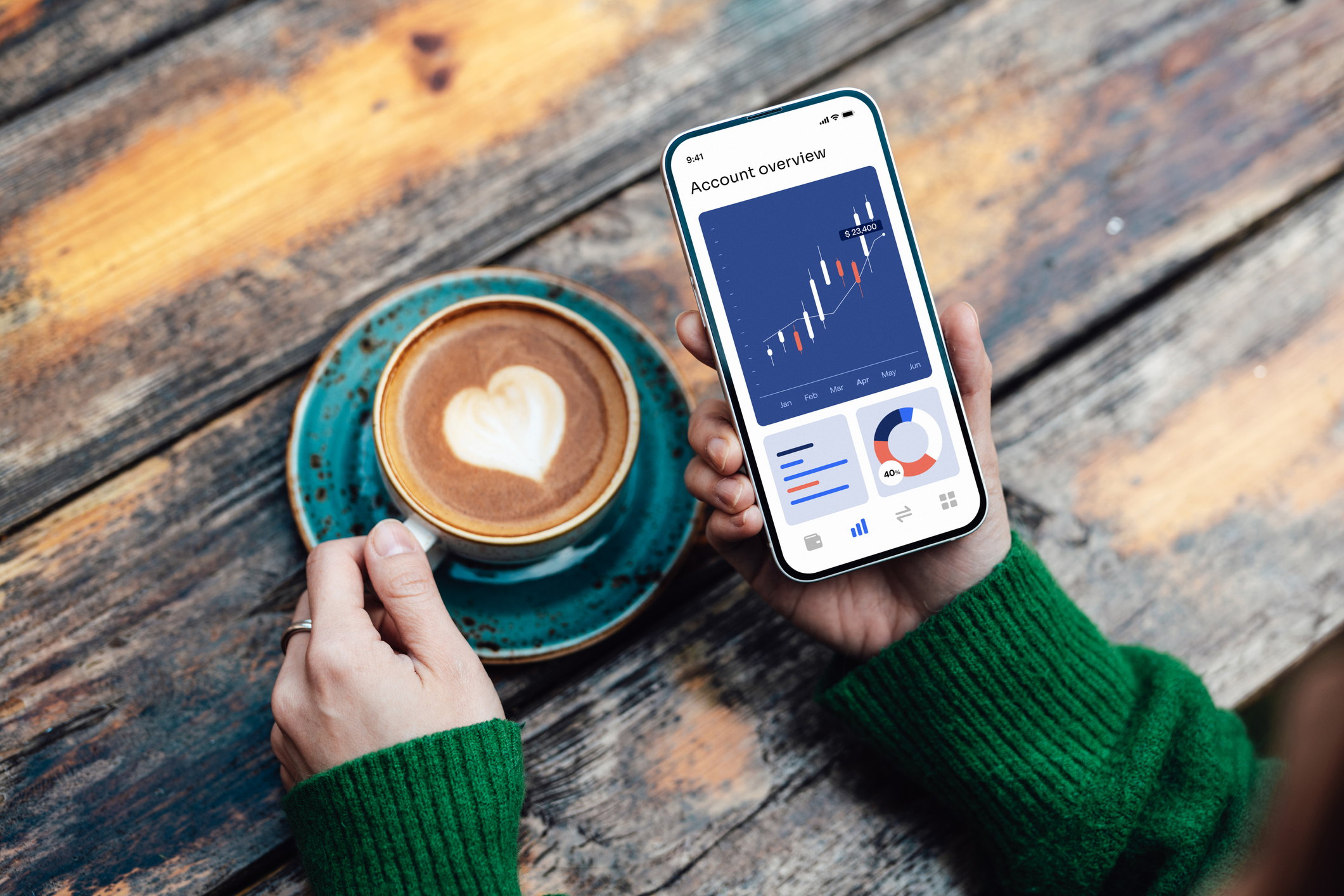 Fractional shares: what are they and why HMRC is worried?
Fractional shares: what are they and why HMRC is worried?Investors who have flocked to investment apps offering fractional shares in an Isa could lose the tax-free status of their portfolios.
-
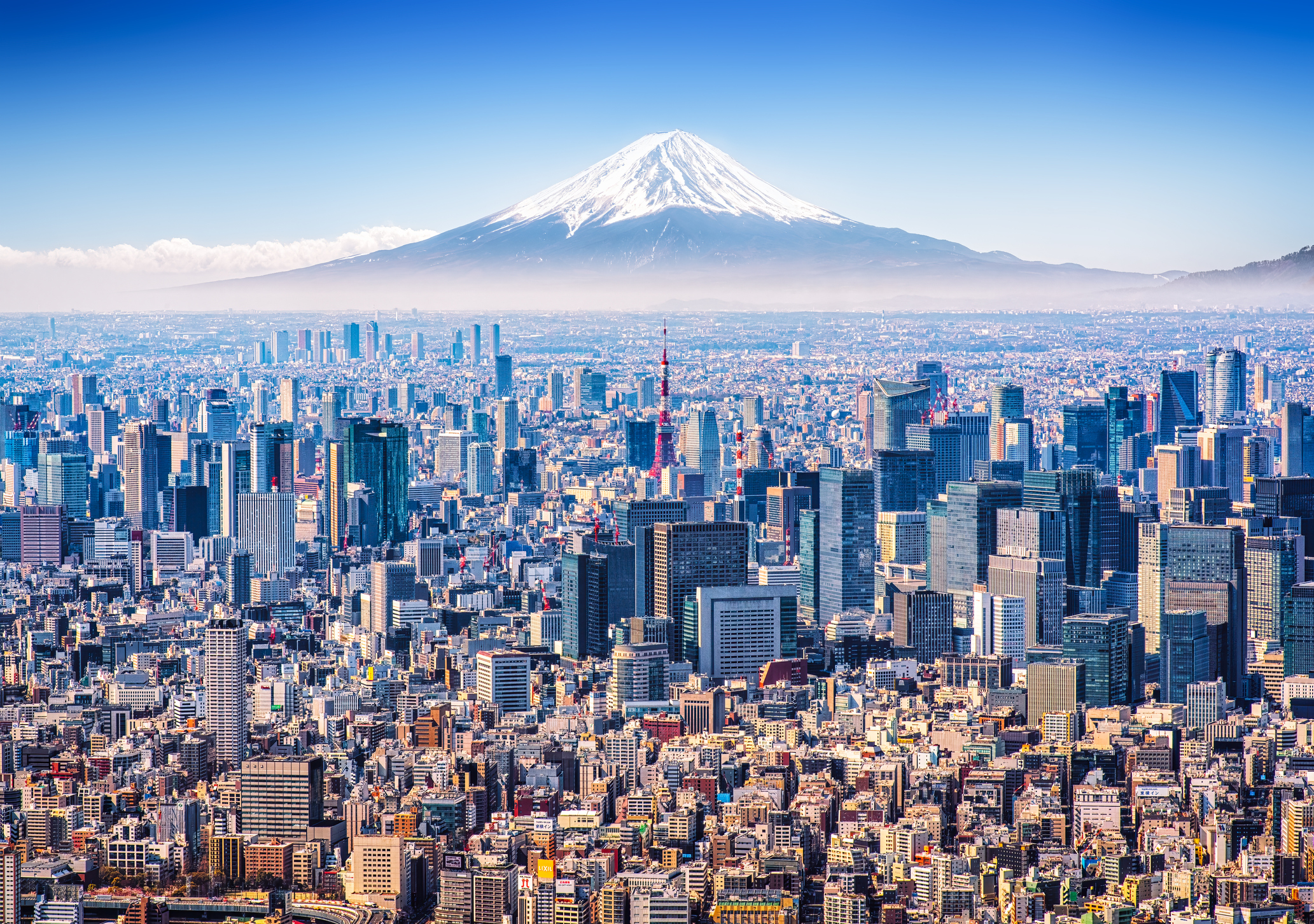 8 ways to profit from Japan’s recovery
8 ways to profit from Japan’s recoveryCorporate reform, normalising monetary policy and cheap valuations make Japanese equities a top long-term bet, says Alex Rankine.
-
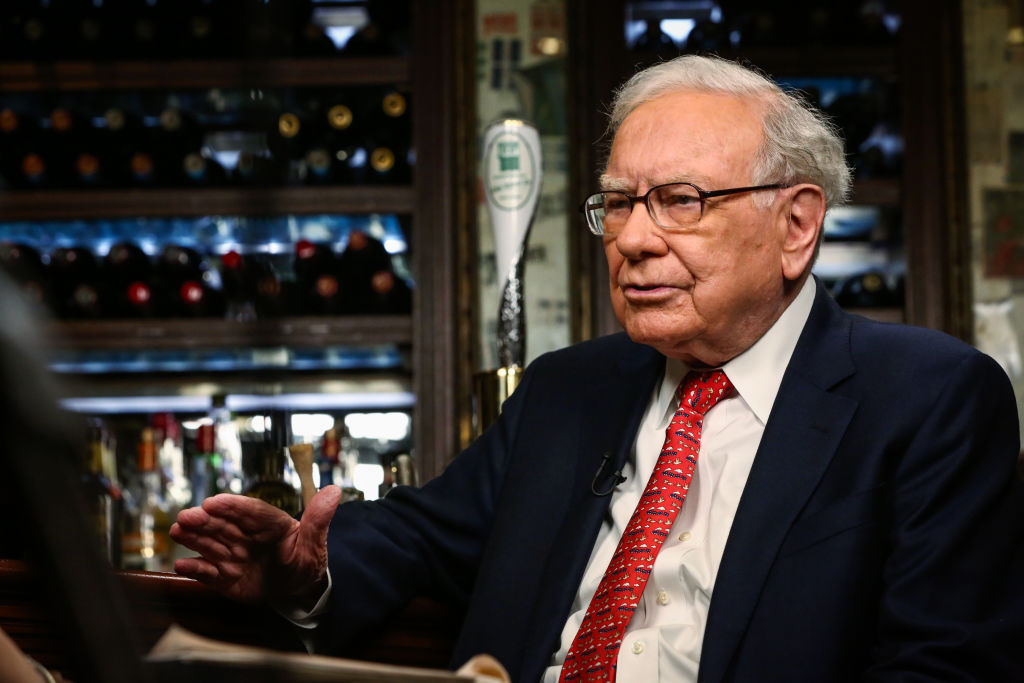 What is Warren Buffett’s net worth?
What is Warren Buffett’s net worth?Warren Buffett, sometimes referred to as the “Oracle of Omaha”, is considered one of the most successful investors of all time. How did he make his billions?
-
 Power your portfolio with the profits of China’s electric-vehicle makers
Power your portfolio with the profits of China’s electric-vehicle makersOpinion A professional investor tells us where he’d put his money. This week: Ewan Markson-Brown of the CRUX Asia ex-Japan Fund highlights three favourites.
-
 Top investment ideas for 2023: silver, tech and drugs
Top investment ideas for 2023: silver, tech and drugsAdvice Our writers’ top investment ideas for 2023 include a cybersecurity stock, bitcoin and a psychedelic treatment for depression.
-
 Buy stocks with wide moats to protect your profits
Buy stocks with wide moats to protect your profitsTips Companies with wide "moats" – attributes that give them an enduring competitive advantage – tend to thrive over the long term. Dr Mike Tubbs explains how to identify them and how to invest in them.
